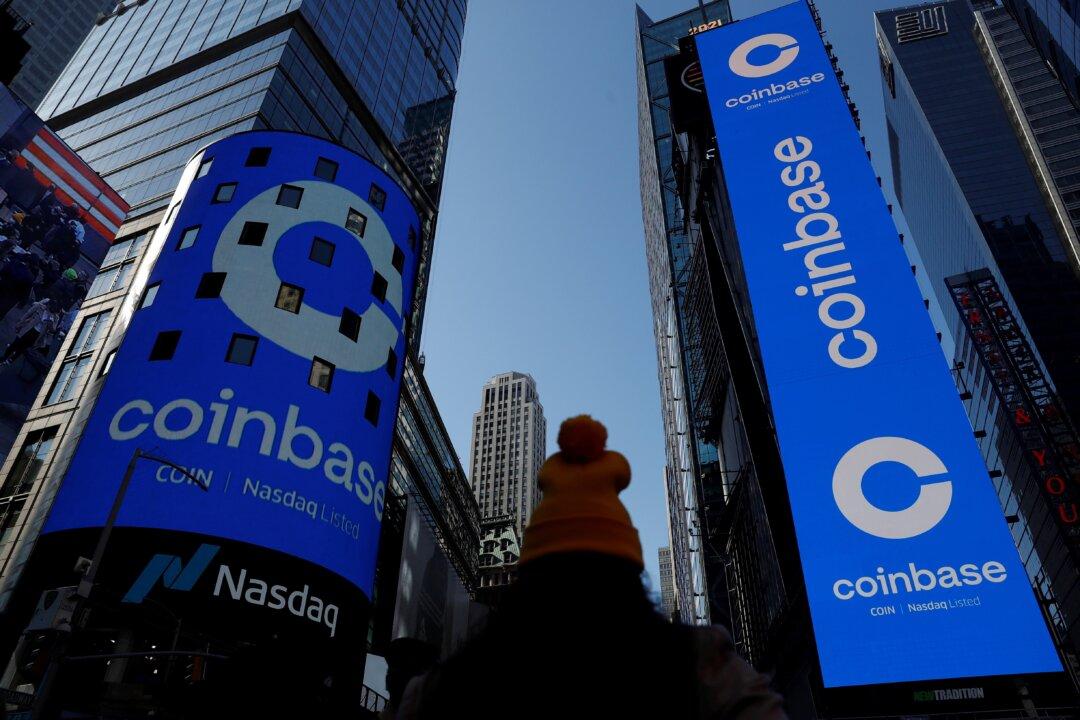The Supreme Court has agreed for the second time in a year to hear an appeal from Coinbase, a major cryptocurrency exchange that wants to compel disgruntled customers to submit to private arbitration instead of adjudicating their dispute in the courts.
Companies often prefer arbitration to the courts, saying the process resolves cases with greater speed and reduced expense. Some consumer advocates prefer the courts because in their view the judicial system provides consumers with more options and is less likely to side with the companies being sued.





